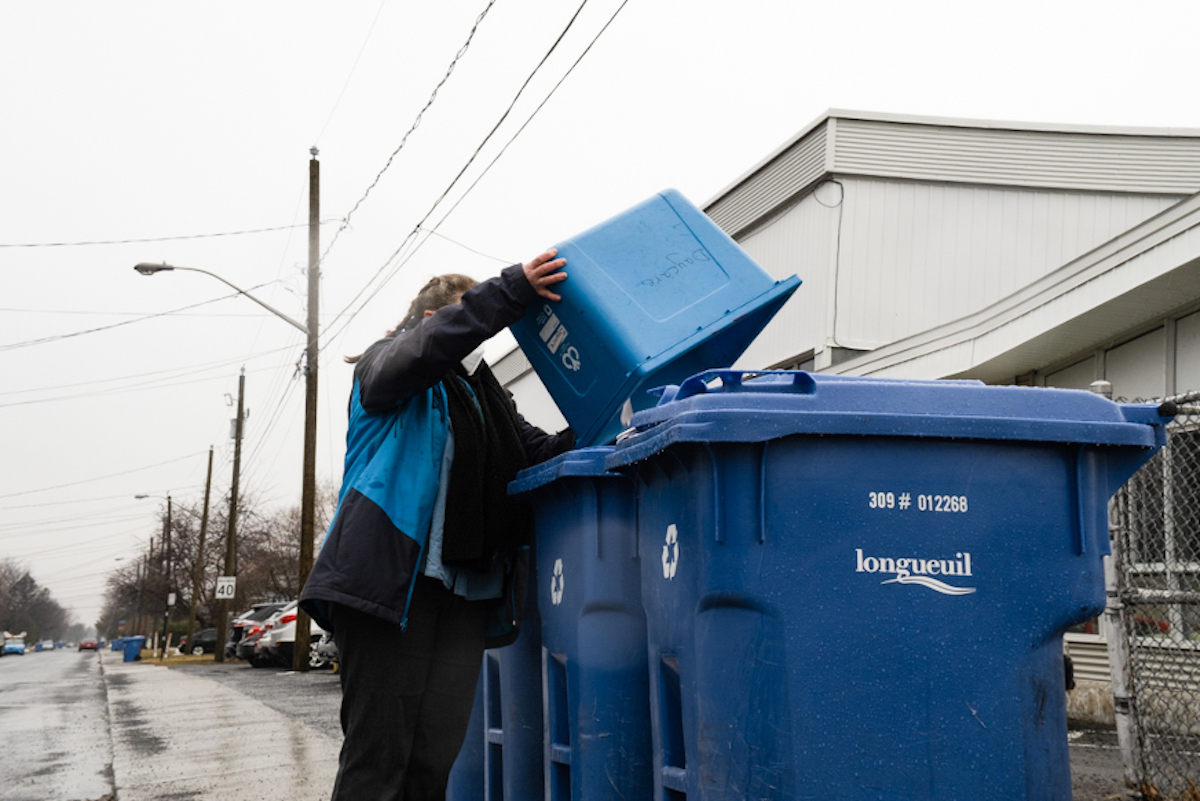An investigation by Radio-Canada’s Enquête earlier this year showed Montreal ships bales of contaminated material to India
Ensemble Montréal, the Opposition party, is planning to present their proposals at the next city council meeting to improve recycling practices in Montreal. These requests come after the report by Enquête, who uncovered shocking recycling practices in Montreal.
Stephanie Valenzuela, city councillor of Ensemble Montréal said, “It’s something that we had been signaling as an opposition government for quite some time, you know. We had even back in December of 2020 to look into the state of recycling here in Montreal, but we got refused.”
Valenzuela stated the process dated back to 2019, when the city invested $487.2 million into new recycling centres that would sort and clean recycled goods efficiently. These recycled goods would then be used for other materials, or be sold to countries and businesses to reuse them.
However, it was found out that bales of recycled goods were being shipped to India full of contaminated material, a lot of which came from Montreal.
“So with the media coming out and actually showing what’s really taking place, there’s a clear lack of transparency on the end of the [Plante] administration,” Valenzuela explained.
The opposition wants to motion at the next council meeting for a meeting with the environmental department, and ask for monthly reports from Ricova, the recycling company hired by the city of Montreal.
Valenzuela highlighted that these reports will magnify what the recycling problems are and how long they have been going on, so that suggestions for possible solutions can be found.
“However, what I have to say is that obviously what definitely needs to be done without even looking at the statistics is that there has to be improvement in the performance of the sorting infrastructure,” she added.
The Concordian received a written statement in French from the city of Montreal, which discussed its Master Plan for the Management of Residual Materials in the Montreal Agglomeration 2020-2025 (PDGMR), which was implemented in 2020. It intends to work towards: “ prohibiting the distribution of certain single-use plastics (including shopping bags) [and] the deployment of food waste collection [for all buildings with nine or more dwellings, as well as other businesses, institutions and schools].. The city will also fight against food waste by promoting links between businesses and food banks. These efforts make it possible to meet the challenges linked to the environmental crisis”
When asked why these proposals were important, Valenzuela stated that we’re living in a climate crisis, and it is an urgent matter that must be dealt with.
“All Montrealers believe that they’re recycling, but the result of it is that it’s not actually working. […] We need to know what we’re actually engaging ourselves in, because the reality is that we have a lot of things that we need to change when it comes to environmentalism.”
Photo courtesy of the City of Laval
